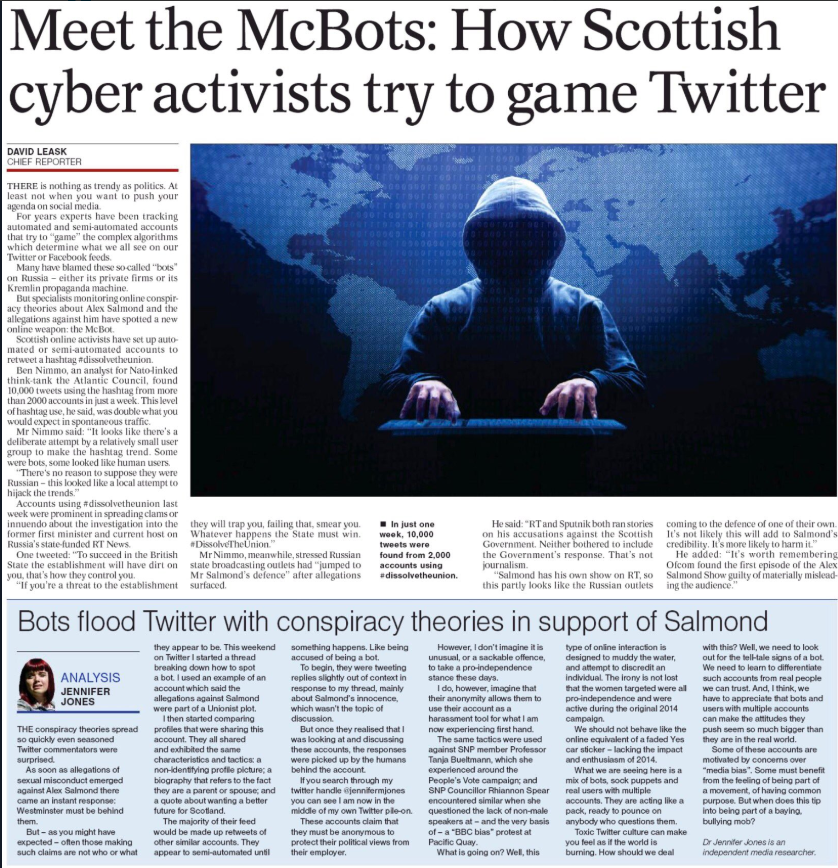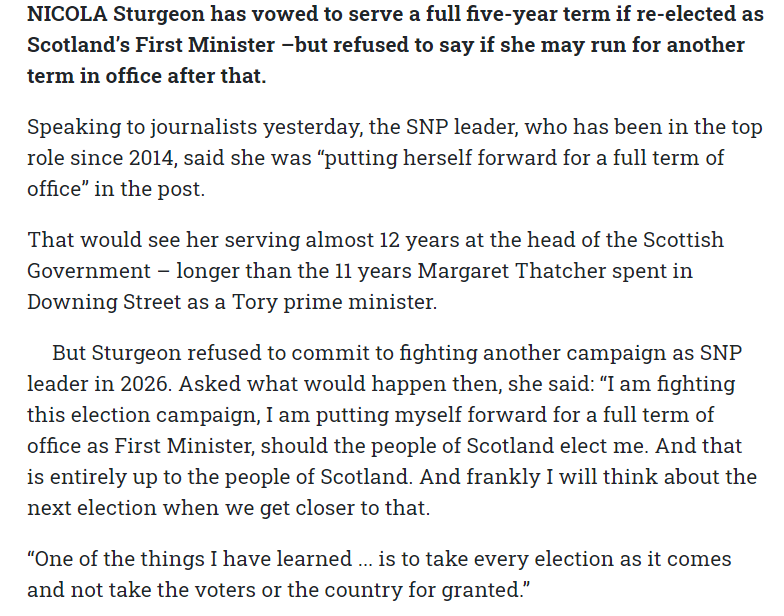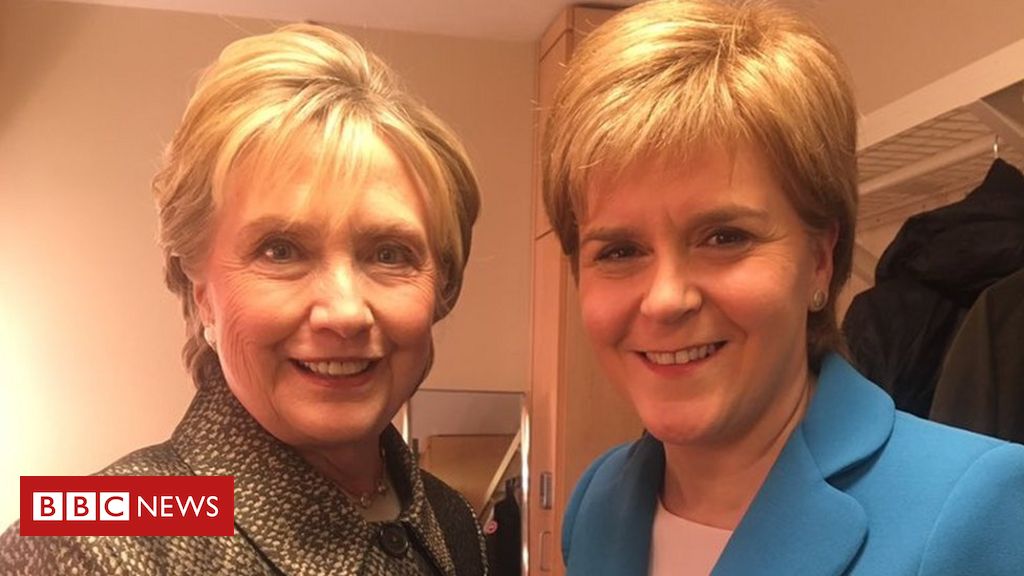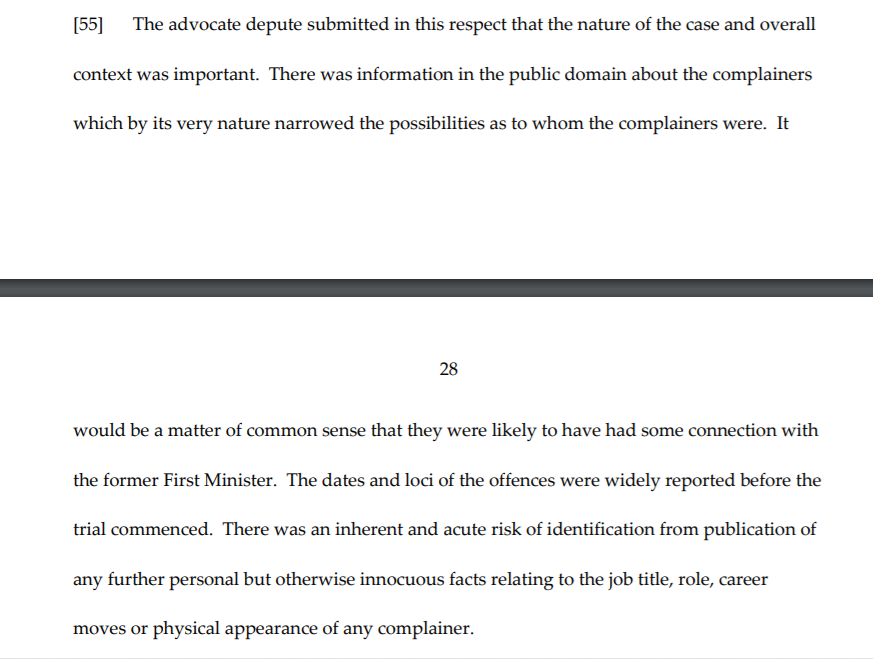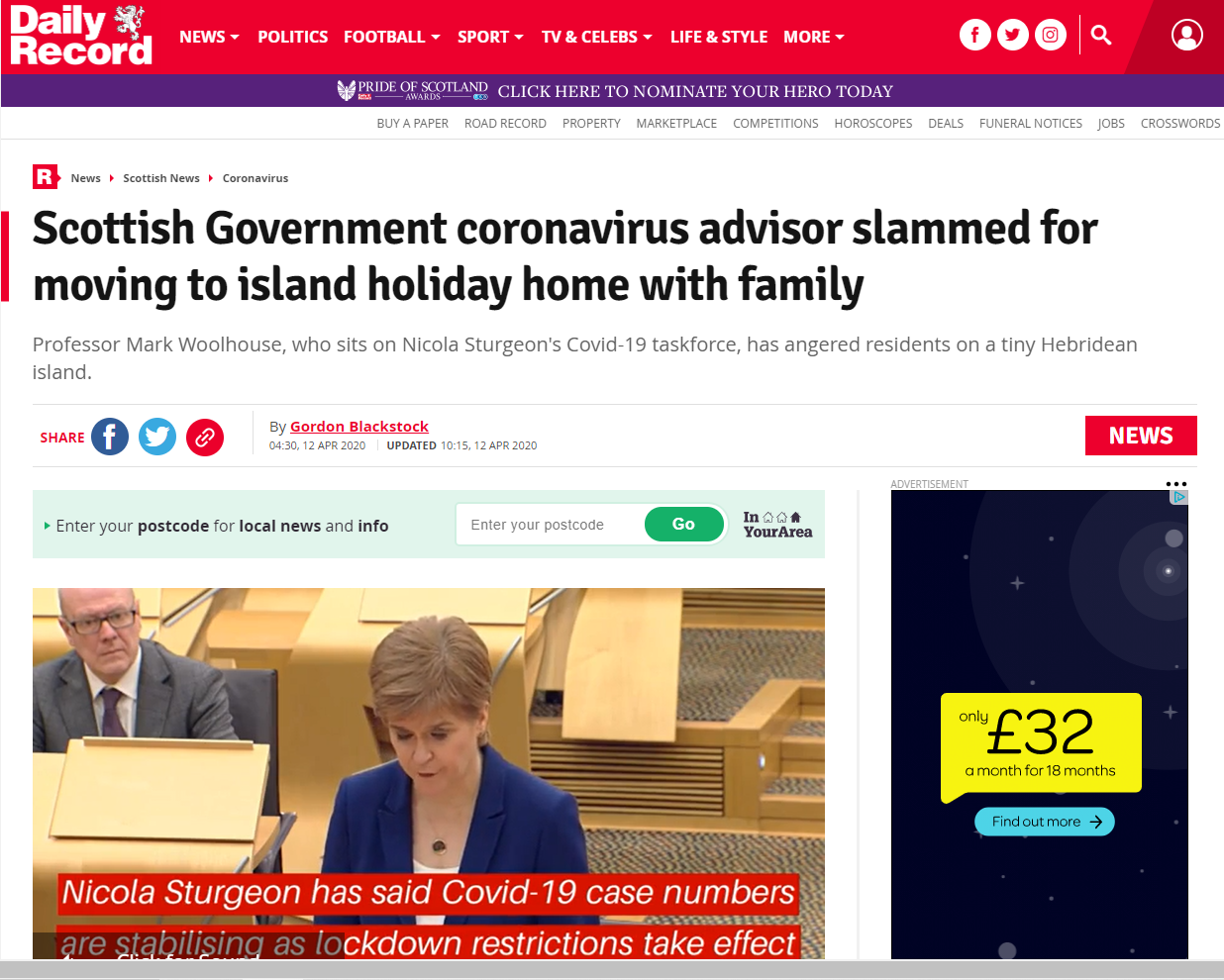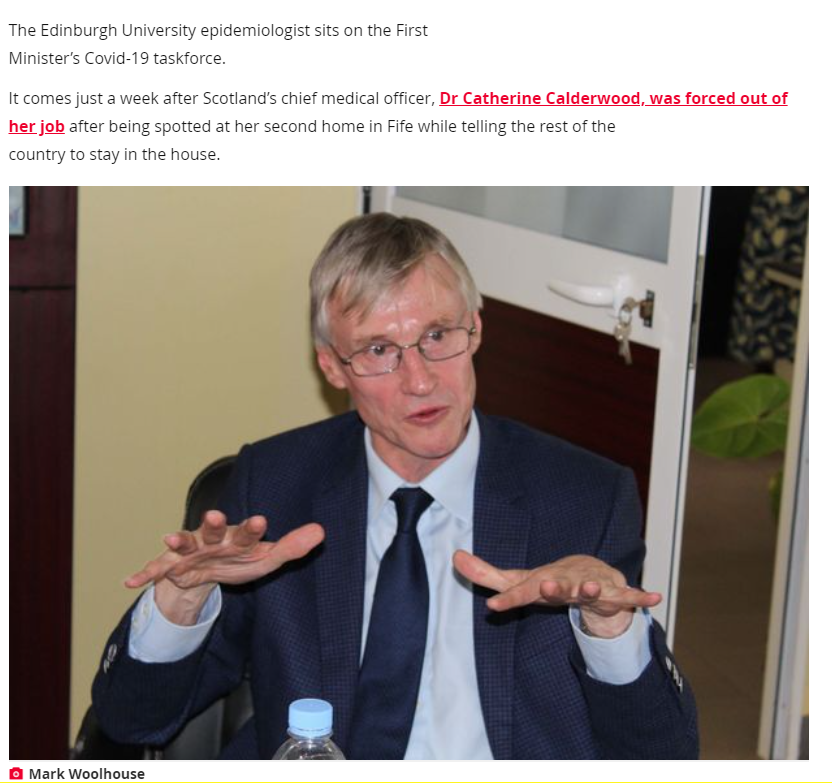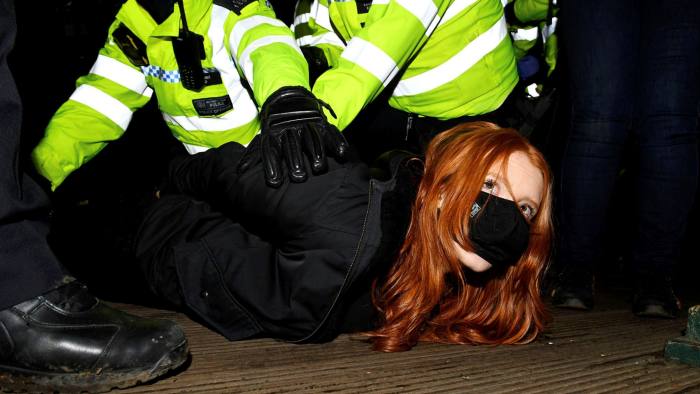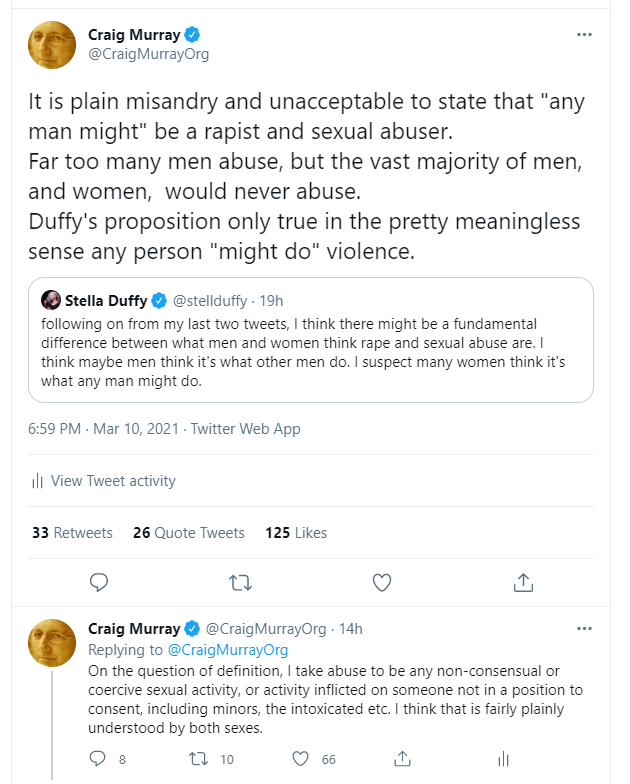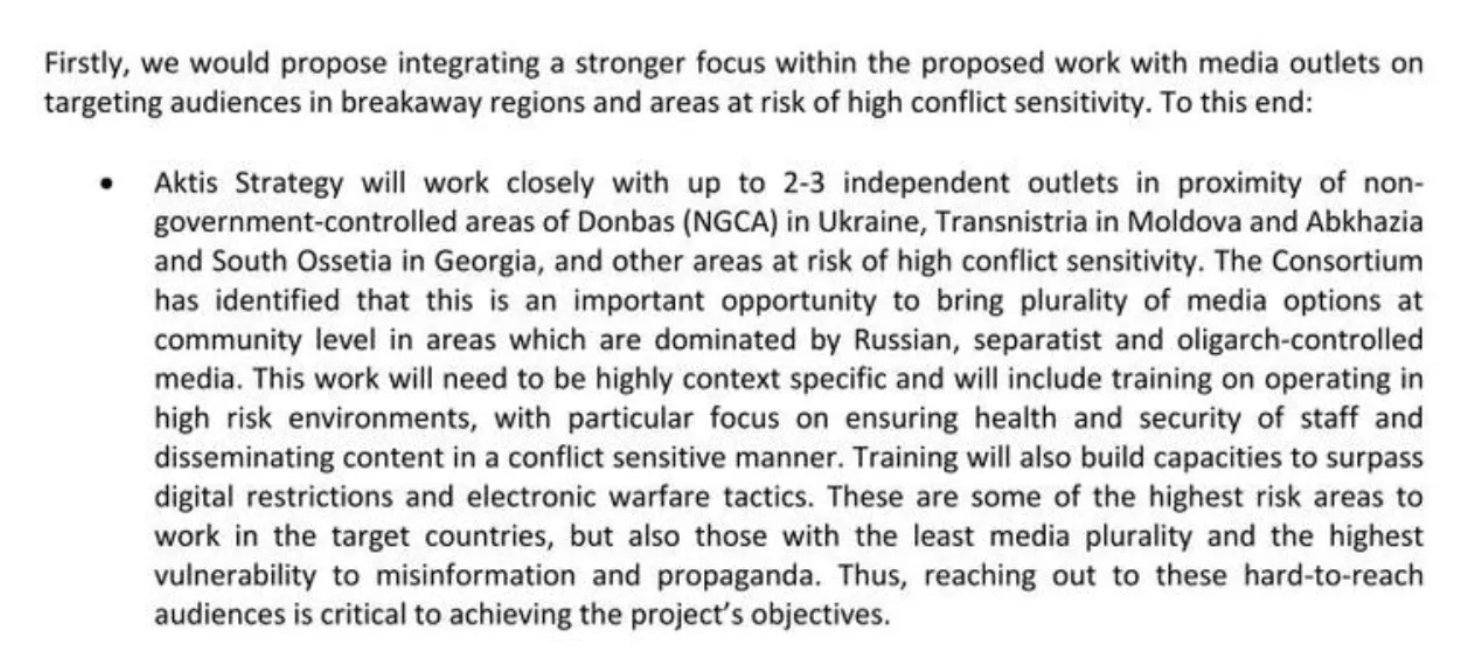My Day With Prince Philip
Below is the story of my day touring Tema with Prince Philip, in this chapter from my book “The Catholic Orangemen of Togo”. You may be surprised to read that I rather liked him.
The African Queen
One morning I was sitting in the lounge at Devonshire House, with its fitted wool carpets and chintz sofas. I was drinking the tea that our steward, Nasser, had brought me. I heard movement in a corner of the room, and thought it must be Nasser cleaning there. But looking round, I saw nobody. Puzzled, I got up and walked towards that corner. Rounding a settee, I nearly stood upon a thin, green snake. About four feet long and just the thickness of your thumb, it was a bright, almost lime green colour. There was not much wedge shape to its head, which rather tapered from its neck. Its tongue was flickering toward me, perhaps a foot away, its head raised only slightly off the floor. I took a step backwards. In response it too retreated, at surprising speed, and zipped up the inside of the curtains.
I stood stock still and yelled “Nasser! Nasser!”
This brought Nasser hurrying into the living room with Gloria, the cook.
“Nasser, there’s a snake in the curtains!”
Nasser and Gloria screamed, threw their arms in the air, and ran together into the kitchen and out the back door of the house. This was not altogether helpful.
I remained where I was to keep an eye on the snake, not wanting it to be lurking inside the house unseen. After a while the front door opened and somebody, presumably Nasser, threw in Nasser’s scruffy little dog. The dog was normally banned from the house, and celebrated this unexpected turn of events by immediately urinating against the hall table. Then the dog too ran into the kitchen and out of the back door.
Abandoning my watch, I went out and recruited the reluctant gardeners and gate guards. They armed themselves with long sticks and came in and beat the curtains until the snake fell onto the floor. As it sped for cover under a sofa, Samuel the youngest gardener got in a solid blow, and soon everyone was joining in, raining down blows on the twitching snake. They carried its disjointed body out on the end of a stick, and burnt it on a bonfire.
Everyone identified it as a green mamba. I was sceptical. Green mambas are among the world’s deadliest snakes, and I imagined them to look beefy like cobras, not whip thin and small headed like this. But a search on the agonisingly slow internet showed that indeed it did look very like a green mamba.
The important question arose of how it had entered the house. With air conditioning, the doors and windows were usually shut. Nasser seemed to have solved the mystery when he remarked that a dead one had been found last year inside an air conditioner. The unit had stopped working, and when they came to fix it they found a snake jammed in the mechanism. That seemed the answer; it had appeared just under a conditioner, and it seemed likely the slim snake had entered via the vent pipe, avoiding the fan as it crawled through the unit.
This was very worrying. If anti-venom was available (and we held a variety in the High Commission) an adult would probably survive a green mamba bite. But it would almost certainly be fatal to Emily, and possibly to Jamie.
A week or so later, I was constructing Emily’s climbing frame, which had arrived from the UK. A rambling contraption of rungs, slides, platforms and trampolines, it required the bolting together of scores of chrome tubes. I was making good progress on it and, as I lifted one walkway side into position above my head, a mamba slid out of the end of the tube, down my arm, round my belly and down my leg. It did this in no great hurry; it probably took four seconds, but felt like four minutes.
There was one terrible moment when it tried an exploratory nuzzle of its head into the waistband of my trousers, but luckily it decided to proceed down the outside to the ground. It then zig zagged across the lawn to nestle in the exposed tops of the roots of a great avocado tree. Again the mob arrived and beat it to death with sticks. I persuaded them to keep the body this time, and decided that definite action was needed.
I called in a pest control expert. I was advised to try the “Snake Doctor”. I was a bit sceptical, equating “Snake Doctor” with “Witch Doctor”, but when he arrived I discovered that this charming chubby Ghanaian really did have a PhD in Pest Control from the University of Reading. As Fiona had an MSc in Crop Protection from the same Department, they got on like a house on fire and it was difficult to get them away from cups of tea to the business in hand.
He confirmed that the dead snake really was a green mamba. We obviously had a colony. They lived in trees, and he advised us to clear an area of wasteland beyond the boundaries of our house, and build a high boundary wall of rough brick at the back, rather than the existing iron palings. He also suggested we cut down an avenue of some 16 huge mature trees along the drive. I was very sad, but followed this sensible advice. That removed the mamba problem from Devonshire House. But I continued to attract mambas on my travels around Ghana.
The second half of that first year in Ghana was to be almost entirely taken up with preparations for the State Visit of the Queen and Duke of Edinburgh in November 1999. A huge amount of work goes into organising such a visit; every move is staged and choreographed, designed for media effect. You need to know in advance just where everybody is going to be, who will move where when, and what they will say. You need to place and organise the media to best advantage. You need to stick within very strict rules as to what the Queen will or will not do. Most difficult of all, you have to agree all this with the host government.
I had been through it all quite recently, having paid a major part in the organisation of the State Visit to Poland in 1996. That had gone very well. The Poles regarded it as an important symbol that communism had been definitively finished. It was visually stunning, and at a time when the Royal Family was dogged with hostile media coverage, it had been their first unmixed positive coverage in the UK for ages. I had handled the media angles, and my stock stood very high in the Palace.
I am a republican personally; I was just doing my job. The Palace staff knew I was a republican, not least because I had turned down the offer of being made a Lieutenant of the Royal Victorian Order (LVO) after the Warsaw visit. I had earlier turned down the offer to be an Officer of the Order of the British Empire (OBE) after the first Gulf war.
Rawlings was delighted that the Queen was coming. He craved respectability and acceptance in the international community, which had been hard to come by after his violent beginnings. But he had turned his Provisional National Defence Council (PNDC) into a political party, the National Democratic Congress (NDC), and had fought elections in 1992 and 1996 against the opposition New Patriotic Party, which had an unbroken tradition running back to Nkrumah’s opponent J B Danquah and his colleague Kofi Busia. There were widespread allegations of vote-rigging, violence and intimidation, and certainly in 1992 the nation was still too cowed to engage in much open debate.
Even by 1999, social life was still inhibited by the fact that nobody except those close to the Rawlings would do anything that might be construed as an ostentatious display of life, while Rawlings had sustained and inflated the personality cult of Nkrumah still further (he is known as Osagyefo, “the conqueror”.) Open discussion of the disasters Nkrumah brought upon Ghana was almost impossible. It is still difficult for many Ghanaians today, after decades of brainwashing. As Rawlings had gradually liberalised society, the increasing freedom of the media, particularly the FM radio station, was giving a great boost to democracy. But there was still much prudent self-censorship. The media was particularly reticent about investigating governmental corruption.
The NDC government was massively corrupt. There was one gratuitous example which especially annoyed me. A company called International Generics, registered in Southampton, had got loans totalling over £30 million from the Royal Bank of Scotland to construct two hotels, La Palm and Coco Palm. One was on the beach next to the Labadi Beach Hotel, the other on Fourth Circular Road in Cantonments, on the site of the former Star Hotel. The loan repayments were guaranteed by the Export Credit Guarantee Department, at the time a British government agency designed to insure UK exporters against loss. In effect the British taxpayer was underwriting the export, and if the loan defaulted the British taxpayer would pay.
In fact, this is what happened, and the file crossed my desk because the British people were now paying out on defaulted payments to the Royal Bank of Scotland. So I went to look at the two hotels. I found La Palm Hotel was some cleared land, some concrete foundations, and one eight room chalet without a roof. Coco Palm hotel didn’t exist at all. In a corner of the plot, four houses had been built by International Generics. As the housing market in Accra was very strong, these had been pre-sold, so none of the loan had gone into them.
I was astonished. The papers clearly showed that all £31.5 million had been fully disbursed by the Royal Bank of Scotland, against progress and completion certificates on the construction. But in truth there was virtually no construction. How could this have happened?
The Chief Executive of International Generics was an Israeli named Leon Tamman. He was a close friend to, and a front for, Mrs Rawlings. Tamman also had an architect’s firm, which had been signing off completion certificates for the non-existent work on the hotel. Almost all of the £30 million was simply stolen by Tamman and Mrs Rawlings.
The Royal Bank of Scotland had plainly failed in due diligence, having paid out on completion of two buildings, one not started and one only just started. But the Royal Bank of Scotland really couldn’t give a toss, because the repayments and interest were guaranteed by the British taxpayer. Indeed I seemed to be the only one who did care.
The Rawlings had put some of their share of this looted money towards payments on their beautiful home in Dublin. I wrote reports on all this back to London, and specifically urged the Serious Fraud Office to prosecute Tamman and Mrs Rawlings. I received the reply that there was no “appetite” in London for this.
Eventually La Palm did get built, but with over $60 million of new money taken this time from SSNIT, the Ghanaian taxpayers social security and pension fund. Coco Palm never did get built, but Tamman continued to develop it as a housing estate, using another company vehicle. Tamman has since died. The loans were definitively written off by the British government as part of Gordon Brown’s HIPC debt relief initiative.
That is but one example of a single scam, but it gives an insight into the way the country was looted. The unusual feature on this one was that the clever Mr Tamman found a way to cheat the British taxpayer, via Ghana. I still find it galling that the Royal Bank of Scotland also still got their profit, again from the British taxpayer.
So while the State Visit was intended as a reward to Jerry Rawlings for his conversion to democracy and capitalism, I had no illusions about Rawlings’ Ghana. I was determined that we should use the Queen’s visit to help ensure that Rawlings did indeed leave power in January 2001. According to the constitution, his second and final four year term as elected President expired then (if you politely ignored his previous decade as a military dictator). We should get the Queen to point him towards the exit.
Buckingham palace sent a team on an initial reconnaissance visit. It was led by an old friend of mine, Tim Hitchens, Assistant Private Secretary to the Queen, who had joined the FCO when I did. We identified the key features of the programme, which should centre around an address to Parliament. A walkabout might be difficult; Clinton had been almost crushed in Accra by an over-friendly crowd in a situation which got out of control. A school visit to highlight DFID’s work would provide the “meet the people” photo op, otherwise a drive past for the larger crowds. Key questions were identified as whether the Queen should visit Kumasi to meet Ghana’s most important traditional ruler, the Asantehene, and how she should meet the leader of the opposition, John Kufuor. Rawlings was likely to be opposed to both.
The recce visit went very well, and I held a reception for the team before they flew back to London. Several Ghanaian ministers came, and it ended in a very relaxed evening. Tim Hitchens commented that it was the first time he had ever heard Queen and Supertramp at an official function before. It turned out that we had very similar musical tastes.
Planning then took place at quite high intensity for several months. There were regular meetings with the Ghanaian government team tasked to organise the visit, headed by head of their diplomatic service Anand Cato, now Ghanaian High Commissioner to the United Kingdom. We then had to visit together all the proposed venues, and walk through the proposed routes, order of events, seating plans etc.
From the very first meeting between the two sides, held in a committee room at the International Conference Centre, it soon became obvious that we had a real problem with Ian Mackley. The High Commissioner had been very high-handed and abrupt with the visiting team from Buckingham Palace, so much so that Tim Hitchens had asked me what was wrong. I said it was just his manner. But there was more to it than that.
In the planning meetings, the set-up did not help the atmosphere. There were two lines of desks, facing each other. The British sat on one side and the Ghanaians on the other, facing each other across a wide divide. The whole dynamic was one of confrontation.
I have sat through some toe-curling meetings before, but that first joint State visit planning meeting in Accra was the worst. It started in friendly enough fashion, with greetings on each side. Then Anand Cato suggested we start with a quick run-through of the programme, from start to finish.
“OK, now will the Queen be arriving by British Airways or by private jet?” asked Anand.
“She will be on one of the VC10s of the Royal Flight” said Ian.
“Right, that’s better. The plane can pull up to the stand closest to the VIP lounge. We will have the convoy of vehicles ready on the tarmac. The stairs will be put to the door, and then the chief of protocol will go up the stairs to escort the Queen and her party down the stairs, where there will be a small reception party…”
“No, hang on there” interjected Ian Mackley, “I will go up the stairs before the chief of protocol.”
“Well, it is customary for the Ambassador or High Commissioner to be in the receiving line at the bottom of the aircraft steps.”
“Well, I can tell you for sure that the first person the Queen will want to see when she arrives in the country will be her High Commissioner.”
“Well, I suppose you can accompany the chief up the steps if you wish…”
“And my wife.”
“Pardon?”
“My wife Sarah. She must accompany me up the steps to meet the Queen.”
“Look, it really isn’t practical to have that many people going on to an already crowded plane where people are preparing to get off…”
“I am sorry, but I must insist that Sarah accompanies me up the stairs and on to the plane.”
“But couldn’t she wait at the bottom of the steps?”
“Absolutely not. How could she stand there without me?”
“OK, well can we then mark down the question of greeting on the plane as an unresolved issue for the next meeting?”
“Alright, but our side insists that my wife…”
“Yes, quite. Now at the bottom of the steps Her Majesty will be greeted by the delegated minister, and presented with flowers by children.”
“Please make sure we are consulted on the choice of children.”
“If you wish. There will be national anthems, but I suggest no formal inspection of the Guard of Honour? Then traditional priests will briefly make ritual oblations, pouring spirits on the ground. The Queen will briefly enter the VIP lounge to take a drink.”
“That’s a waste of time. Let’s get them straight into the convoy and off.”
“But High Commissioner, we have to welcome a visitor with a drink. It is an essential part of our tradition. It will only be very brief.”
“You can do what you like, but she’s not entering the VIP lounge. Waste of time.”
“Let’s mark that down as another issue to be resolved. Now then, first journey…”
The meeting went on for hours and hours, becoming increasingly ill tempered. When we eventually got to the plans for the State Banquet, it all went spectacularly pear-shaped as it had been threatening to do.
“Now we propose a top table of eight. There will be the President and Mrs Rawlings, Her Majesty and the Duke of Edinburgh, The Vice President and Mrs Mills, and Mr and Mrs Robin Cook.”
Ian positively went purple. You could see a vein throbbing at the top left of his forehead. He spoke as though short of breath.
“That is not acceptable. Sarah and I must be at the top table”.
“With respect High Commissioner, there are a great many Ghanaians who will feel they should be at the top table. As we are in Ghana, we feel we are being hospitable in offering equal numbers of British and Ghanaians at the top table. But we also think the best plan is to keep the top table small and exclusive.”
“By all means keep it small,” said Ian, “but as High Commissioner I must be on it.”
“So what do you suggest?” asked Anand.
“Robin Cook” said Ian “He doesn’t need to be on the top table.”
I couldn’t believe what I was hearing. Neither could Anand.
“I don’t think you are being serious, High Commissioner” he said.
“I am entirely serious” said Ian. “I outrank Robin Cook. I am the personal representative of a Head of State. Robin Cook only represents the government.”
I decided the man had taken leave of his senses. I wondered at what stage can you declare your commanding officer mad and take over, like on The Cain Mutiny? Anand was obviously thinking much the same.
“Perhaps I might suggest you seek instruction from headquarters on that one?” he asked. “Anyway, can we note that down as another outstanding item, and move on to…”
I don’t know whether Ian secretly realised he had overstepped the mark, but he didn’t come to another planning meeting after that, leaving them to me and the very competent Second Secretary Mike Nithavrianakis.
The most difficult question of all was that of meeting the opposition. Eventually we got the agreement of Buckingham Palace and the FCO to say that, if the Queen were prevented from meeting the opposition, she wouldn’t come. But still the most we could get from Rawlings was that the leader of the opposition could be included in a reception for several hundred people at the International Conference Centre.
I had by now made good personal friends with several Ghanaian politicians. Among those who I could have a social drink with any time were, on the government side John Mahama, Minister of Information and Moses Asaga, Deputy Finance Minister, and on the opposition side John Kufuor, leader of the opposition, his colleagues Hackman Owusu-Agyemang, Shadow Foreign Minister, and Nana Akuffo-Addo, Shadow Attorney General.
In the International Conference Centre the precise route the Queen would take around the crowd was very carefully planned, so I was able to brief John Kufuor exactly where to stand to meet her, and brief the Queen to be sure to stop and chat with him. As he was the tallest man in the crowd, this was all not too difficult.
Once the Queen arrived and the visit started, everything happened in a three day blur of intense activity. Vast crowds turned out, and the Palace staff soon calmed down as they realised that the Queen could expect an uncomplicated and old fashioned reverence from the teeming crowds who were turning out to see “Our Mama”.
The durbar of chiefs in front of Parliament House was a riot of colour and noise. One by one the great chiefs came past, carried on their palanquins, preceded by their entourage, drummers banging away ferociously and the chiefs, laden down with gold necklaces and bangles, struggled to perform their energetic seated dances. Many of the hefty dancing women wore the cloth that had been created for the occasion, with a picture of the Queen jiggling about on one large breast in partnership with Jerry Rawlings jiving on the other, the same pairing being also displayed on the buttocks.
After the last of the chiefs went through, the tens of thousands of spectators started to mill everywhere and we had to race for the Royal convoy to get out through the crowds. Robin Cook had stopped to give an ad hoc interview to an extremely pretty South African television reporter. Mike Nithavrianakis tried to hurry him along but got a fierce glare for his pains. Eventually everyone was in their cars but Cook; the Ghanaian outriders were itching to start as the crowds ahead and around got ever denser.
But where was Cook? We delayed, with the Queen sitting in her car for two or three minutes, but still there was no sign of the Secretary of State or his staff getting into their vehicle. Eventually the outriders swept off; the crowds closed in behind and we had abandoned our dilettante Foreign Secretary. Having lost the protection of the convoy and being caught up in the crowds and traffic, it took him an hour to catch up.
Cook was an enigma. I had already experienced his famous lack of both punctuality and consideration when kept waiting to see him over the Sandline Affair. His behaviour now seemed to combine an attractive contempt for protocol with a goat-like tendency – would he have fallen behind to give a very bland interview to a male South African reporter? He was also breaking the tradition that the Foreign Secretary does not make media comments when accompanying the Queen.
When we returned to the Labadi Beach Hotel, there was to be further evidence of Cook’s view that the World revolved around him. He was interviewing FCO staff for the position of his new Private Secretary. Astonishingly, he had decided that it would best suit his itinerary to hold these interviews in Accra rather than London. One candidate, Ros Marsden, had an extremely busy job as Head of United Nations Department. Yet she had to give up three days work to fly to be interviewed in Accra, when her office was just round the corner from his in London. Other candidates from posts around the World had difficult journeys to complete to get to Accra at all. I thought this rather outrageous of Cook, and was surprised nobody else seemed much concerned.
The port town of Tema, linked to Accra by fifteen miles of motorway and fast becoming part of a single extensive metropolis, sits firmly on the Greenwich Meridian. As far as land goes, Tema is the centre of the Earth, being the closest dry spot to the junction of the Equator and the Greenwich Meridian. You can travel South from Tema over 6,000 miles across sea until you hit the Antarctic.
There was in 1999 a particular vogue for linking the Greenwich Meridian with the Millennium. This was because of the role of the meridian in determining not just longitude but time. Of course, the two are inextricably linked with time initially used to calculate longitude. That is why Greenwich hosted both the Naval Academy and the Royal Observatory.
The fascination with all this had several manifestations. There was a BBC documentary travelogue down the Greenwich meridian. There was a best-selling book about the invention of naval chronometers, Longitude by Dava Sobel, which I read and was as interesting as a book about making clocks can be. There were a number of aid projects down the meridian, including by War Child and Comic Relief. Tema and Greenwich became twin towns. And there was the visit of the Duke of Edinburgh to Tema.
I think this was the idea of my very good friend John Carmichael, who was involved in charity work on several of the meridian projects. It was thought particularly appropriate as one of the Duke of Edinburgh’s titles is Earl of Greenwich – though the man has so many titles you could come up with some connection to pretty well anywhere. We could make it a new game, like six degrees of separation. Connect your home town to the Duke of Edinburgh.
Anyway, Tim Hitchens had warned me that the Duke was very much averse to just looking at things without any useful purpose. As we stood looking at the strip of brass laid in a churchyard which marks the line of the meridian, he turned to me and said:
“A line in the ground, eh? Very nice.”
But we moved on to see a computer centre that had been set up by a charity to give local people experience of IT and the internet (providing both electricity and phone lines were working, which thank goodness they were today) and the Duke visibly cheered up. He was much happier talking to the instructors and students, and then when we went on to a primary school that had received books from DFID he was positively beaming. The genuinely warm reception everywhere, with happy gaggles of people of all ages cheerfully waving their little plastic union jacks, would have charmed anybody.
We returned to Accra via the coast road and I was able to point out the work of the Ghanaian coffin makers, with coffins shaped and painted as tractors, beer bottles, guitars, desks, cars and even a packet of condoms. The Prince laughed heartily, and we arrived at the Parliament building in high good spirits.
There he was first shown to a committee room where he was introduced to senior MPs of all parties.
“How many Members of Parliament do you have?” he asked.
“Two hundred” came the answer.
“That’s about the right number,” opined the Prince, “We have six hundred and fifty MPs, and most of them are a complete bloody waste of time.”
The irony was that there was no British journalist present to hear this, as they had all thought a meeting between Prince Philip and Ghanaian parliamentarians would be too boring. There were Ghanaian reporters present, but the exchange didn’t particularly interest them. So a front page tabloid remark, with which the accompanying photo could have made a paparazzi a lot of money, went completely unreported.
On a State Visit, the media cannot each be at every occasion, as security controls mean they have to be pre-positioned rather than milling about while the event goes ahead. So by agreement, those reporters and photographers accredited to the visit share or pool their photos and copy. At each event there is a stand, or pool. Some events may have more than one pool to give different angles. Each journalist can probably make five or six pools in the course of the visit, leapfrogging ahead of the royal progress. But everyone gets access to material from all the pools. The FCO lays on the transport to keep things under control. Organising the pool positions ahead of the event with the host country, and then herding and policing the often pushy media in them, is a major organisational task. Mike Nithavrianakis had carried it off with style and only the occasional failure of humour. But he had found no takers for Prince Philip in parliament, which proved to be fortunate for us.
I should say that I found Prince Philip entirely pleasant while spending most of this day with him. I am against the monarchy, but it was not created by the Queen or Prince Philip. Just as Colonel Isaac of the RUF was a victim of the circumstances into which he was born, so are they. Had I been born into a life of great privilege, I would probably have turned out a much more horrible person than they are.
Prince Philip then joined the Queen in the parliamentary chamber. Her address to parliament was to be the focal point of the visit. I had contributed to the drafting of her speech, and put a lot of work into it. The speech was only six minutes long (she never speaks longer than that, except at the State Opening of Parliament. Her staff made plain that six minutes was an absolute maximum.) It contained much of the usual guff about the history of our nations and the importance of a new future based upon partnership. But then she addressed Rawlings directly, praising his achievements in bringing Ghana on to the path of democracy and economic stability. The government benches in parliament provided an undercurrent of parliamentary “hear hears”.
But there was to be a sting in the tale:
“Next, year, Mr President,” the Queen intoned, “You will step down after two terms in office in accordance with your constitution.”
The opposition benches went wild. The Queen went on to wish for peaceful elections and further progress, but it was drowned out by the cries of “hear hear” and swishing of order papers from the benches, and loud cheers from the public gallery. There were mooted cries of “No” from the government side of the chamber.
I had drafted that phrase, and it had a much greater effect than I possibly hoped for, although I did mean it to drive home the message exactly as it was taken.
For a moment the Queen stopped. She looked in bewilderment and concern at the hullabaloo all around her. The Queen has no experience of speaking to anything other than a hushed, respectful silence. But, apart from some grim faces on the government benches, it was a joyful hullabaloo and she ploughed on the short distance to the end of her speech.
Once we got back to the Labadi Beach Hotel, Robin Cook was completely furious. He stormed into the makeshift Private Office, set up in two hotel rooms.
“It’s a disaster. Who the Hell drafted that?”
“Err, I did, Secretary of State” I said.
“Is that you, Mr Murray! I might have guessed! Who the Hell approved it.”
“You did.”
“I most certainly did not!”
“Yes you did, Secretary of State. You agreed the final draft last night.”
His Private Secretary had to dig out the copy of the draft he had signed off. He calmed down a little, and was placated further when the Queen’s robust press secretary, Geoff Crawford, said that he took the view that it was a good thing for the Queen to be seen to be standing up for democracy. It could only look good in the UK press. He proved to be right.
The State Banquet was a rather dull affair. Ian Mackley’s great battle to be on the top table proved rather nugatory as, in very Ghanaian fashion, nobody stayed in their seat very long and people were wandering all over the shop. There were a large number of empty seats as, faced with an invitation to dinner at 7.30pm, many Ghanaians followed their customary practice and wandered along an hour or so late, only to find they would not be admitted. This caused a huge amount of angst and aggravation, from which those of us inside were fortunately sheltered.
Mrs Rawlings had chosen a well known Accra nightclub owner named Chester to be the compère for the occasion. His bar is a relaxed spot in a small courtyard that features good jazz and highlife music, and prostitutes dressed as Tina Turner. It was a second home for the officers of the British Military Advisory and Training Team (BMATT).
Chester himself was friendly and amusing, but amusing in a Julian Clary meets Kenneth Williams meets Liberace sort of way. Chester says he is not gay, (regrettably homosexuality is illegal in Ghana) but his presentation is undeniably ultra camp. It is hard to think of a weirder choice to chair a state banquet, but Chester was a particular pet of Mrs Rawlings.
Chester was stood on the platform next to the Queen, gushing about how honoured he was. His speech was actually very witty, but the delivery was – well, Chester. I turned to Prince Philip and remarked:
“You know, I don’t think I’ve ever seen two Queens together before.”
To give credit to Chester, I gather he has been telling the story ever since.
High camp was to be a theme of that evening.
Fiona and I accompanied the Royal party back to the Labadi Beach Hotel to say goodnight, after which Fiona returned home to Devonshire House while I remained for a debriefing on the day and review of the plans for tomorrow. By the time we had finished all that it was still only 11pm and I retired to the bar of the Labadi Beach with the Royal Household. The senior staff – Tim and Geoff – withdrew as is the custom, to allow the butlers, footmen, hairdressers and others to let off steam.
The party appeared, to a man, to be gay. Not just gay but outrageously camp. The Labadi Beach, with its fans whirring under polished dark wood ceilings, its panelled bar, displays of orchids, attentive uniformed staff and glossy grand piano – has the aura of a bygone colonial age, like something from Kenya’s Happy Valley in the 1930s. You expect to see Noel Coward emerge in his smoking jacket and sit down at the piano, smoking through a mother of pearl cigarette holder. It is exactly the right setting for a gay romp, and that is exactly what developed after a few of the Labadi Beach’s wonderful tropical cocktails.
We had taken the entire hotel for the Royal party, except that we had allowed the British Airways crew to stay there as always. Now three of their cabin stewards, with two Royal footmen and the Queen’s hairdresser, were grouped around the grand singing Cabaret with even more gusto than Liza. Other staff were smooching at the bar. All this had developed within half an hour in a really magical and celebratory atmosphere that seemed to spring from nothing. I was seated on a comfortable sofa, and across from me in an armchair was the one member of the Household who seemed out of place. The Duke of Edinburgh’s valet looked to be in his sixties, a grizzled old NCO with tufts of hair either side of a bald pate, a boxer’s nose and tattoos on his arms. He was smoking roll-ups.
He was a nice old boy and we had been struggling to hold a conversation about Ghana over the din, when two blokes chasing each other ran up to the settee on which I was sitting. One, pretending to be caught, draped himself over the end and said: “You’ve caught me, you beast!”
I turned back to the old warrior and asked:
“Don’t you find all this a bit strange sometimes?”
He lent forward and put his hand on my bare knee below my kilt:
“Listen, ducks. I was in the Navy for thirty years.”
So I made my excuses and left, as the News of the World journalists used to put it. I think he was probably joking, but there are some things that are too weird even for me, and the lower reaches of the Royal household are one of them. I have heard it suggested that such posts have been filled by gays for centuries, just as harems were staffed by eunuchs, to avoid the danger of a Queen being impregnated. Recently I have been most amused by news items regarding the death of the Queen Mother’s long-standing footman, who the newsreaders have been informing us was fondly known as “Backstairs Billy”. They manage to say this without giving the slightest hint that they know it is a double entendre.
The incident in parliament had made the Rawlings government even more annoyed about the proposed handshake in the International Conference Centre reception between the Queen and John Kufuor. My own relationship with Ian Mackley had also deteriorated still further as a result of the Royal Visit. I had the advantage that I already knew from previous jobs the palace officials and Robin Cook’s officials, and of course Robin Cook himself, not to mention the Queen and Duke of Edinburgh. All in all, I suspect that Ian felt that I was getting well above myself.
As the party formed up to walk around the reception in the International Conference Centre, Ian came up to me and grabbed my arm rather fiercely.
“You, just stay with the Queen’s bodyguards” he said.
I did not mind at all, and attached myself to another Ian, the head of the Queen’s close protection team. I already knew Ian also. Ian set off towards the hall and started ensuring a path was clear for the Queen, I alongside him as ordered. Suddenly I heard Sarah Mackley positively squeal from somewhere behind me:
“My God, he’s ahead of the Queen! Now Craig’s ahead of the Queen.”
If I could hear it, at least forty other people could. I managed to make myself as invisible as possible, and still to accomplish the introduction to John Kufuor. The government newspaper the Daily Graphic was to claim indignantly that I had introduced John Kufuor as “The next President of Ghana.” Had I done so, I would have been in the event correct in my prediction, but in fact I introduced him as “The opposition Presidential candidate”.
As always, the Queen’s last engagement on the State Visit was to say farewell to all the staff who had helped. She gives out gifts, and confers membership of the Royal Victorian Order on those deemed to merit it. Only once in the Queen’s long reign had she ever been on a state visit and not created our Ambassador or High Commissioner a Knight Commander of the Royal Victorian Order – that is to say, knighted him. Ian and Sarah were to become Sir Ian and Lady Sarah. This seemed to me to mean the world to them.
The day before, Tim Hitchens had turned to me as we were travelling in the car:
“Craig, I take it your views on honours have not changed.”
“No, Tim, I still don’t want any.”
“Good, you see that makes it a bit easier, actually. You see, the thing is, we’re trying to cut down a bit on giving out routine honours. The government wants a more meritocratic honours system. We need to start somewhere. So, in short, Ian Mackley is not going to get his K.”
I was stunned.
Tim continued: “And as well, you see, it hasn’t exactly escaped our attention that he has … issues with the Ghanaians, and some of his attitudes didn’t exactly help the visit. Anyway, if you were to want your CVO, then that would be more difficult. Ian Mackley is going to have one of those. So that will be alright.”
No, it won’t be alright, I thought. You’ll kill the poor old bastard. For God’s sake, everyone will know.
I wondered when the decision had been taken. The kneeling stool and the ceremonial sword had definitely been unloaded from the plane and taken to the hotel: that was one of the things I had checked off. When had that decision been reached?
We were lined up in reverse order of seniority to go in and see the Queen and Prince Philip. I queued behind the Defence Attaché, with Ian and Sarah just behind me. She was entering as well – nobody else’s wife was – because she was expecting to become Lady Mackley. Tim was going to tell them quickly after I had entered, while they would be alone still waiting to go in.
You may not believe me, but I felt completely gutted for them. It was the very fact they were so status obsessed that made it so cruel. I was thinking about what Tim was saying to them and how they would react. It seemed terribly cruel that they had not been warned until the very moment before they were due to meet the Queen. I was so worried for them that I really had less than half my mind on exchanging pleasantries with the Queen, who was very pleasant, as always.
If you refused honours, as I always did, you got compensated by getting a slightly better present. In Warsaw I was given a silver Armada dish, which is useful for keeping your Armada in. In Accra I was given a small piece of furniture made with exquisite craftsmanship by Viscount Linley. Shelving my doubts about the patronage aspect of that (should the Queen be purchasing with public money official gifts made by her cousin?) I staggered out holding rather a large red box, leaving through the opposite side of the room to that I had entered. Outside the door I joined the happy throng of people clutching their presents and minor
medals. Mike Nithavrianakis and Brian Cope were Ian Mackley’s friends, and they were waiting eagerly for him.
“Here’s Craig” said Mike, “Now it’s only Sir Ian and Lady Sarah!”
“No, it’s not, Mike”, I said, “He’s not getting a K”
“What! You’re kidding!”
It had suddenly fallen very silent.
“Ian’s not getting a K, he’s only getting a CVO.”
“Oh, that’s terrible.”
We waited now in silence. Very quickly the door opened again, and the Mackleys came out, Ian with a frozen grin, Sarah a hysterical one beneath the white large-brimmed hat that suddenly looked so ridiculous. There was a smattering of applause, and Sarah fell to hugging everyone, even me. We all congratulated Ian on his CVO, and nobody ever mentioned that there had been any possibility of a knighthood, then or ever.
Personally I don’t understand why anyone accepts honours when there is so much more cachet in refusing them.
—————————————————–
Forgive me for pointing out that my ability to provide this coverage is entirely dependent on your kind voluntary subscriptions which keep this blog going. This post is free for anybody to reproduce or republish, including in translation. You are still very welcome to read without subscribing.
Unlike our adversaries including the Integrity Initiative, the 77th Brigade, Bellingcat, the Atlantic Council and hundreds of other warmongering propaganda operations, this blog has no source of state, corporate or institutional finance whatsoever. It runs entirely on voluntary subscriptions from its readers – many of whom do not necessarily agree with the every article, but welcome the alternative voice, insider information and debate.
Subscriptions to keep this blog going are gratefully received.
Choose subscription amount from dropdown box:
Paypal address for one-off donations: [email protected]
Alternatively by bank transfer or standing order:
Account name
MURRAY CJ
Account number 3 2 1 5 0 9 6 2
Sort code 6 0 – 4 0 – 0 5
IBAN GB98NWBK60400532150962
BIC NWBKGB2L
Bank address Natwest, PO Box 414, 38 Strand, London, WC2H 5JB
Bitcoin: bc1q3sdm60rshynxtvfnkhhqjn83vk3e3nyw78cjx9
Ethereum/ERC-20: 0x764a6054783e86C321Cb8208442477d24834861a
Subscriptions are still preferred to donations as I can’t run the blog without some certainty of future income, but I understand why some people prefer not to commit to that.
